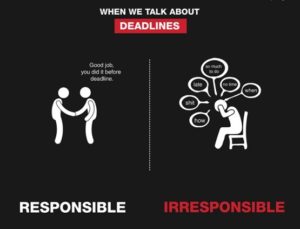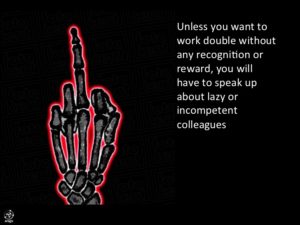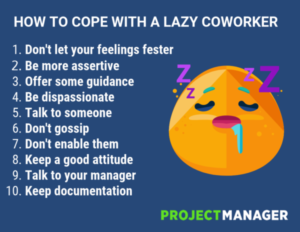
How to deal with incompetent colleagues


Incompetent colleagues are common in workplaces. Dealing with Incompetent colleagues needs tolerance and guidelines to have a smooth relationship.
Do you have hapless co-workers who consistently underperform? In this competitive professional world, employees need to work in teams to accomplish collective goals. Sometimes they need to partner up on a budgeting initiative, and other times are working on individual segments of a broader vision. Both way, the performance of the team is affected by the people within that team. Regardless of how well you do things individually, your project and your reputation could get affected positively or negatively by your teammates.
Having smart, talented, experienced teammates is great. Your achievements are amplified and supported by those around you. But what if you have an incompetent co-worker on your team?
It doesn’t necessitate that the co-worker has done something wrong or egregious. It doesn’t mean he is lazy or stupid. He may seem incapable, due to lack of experience or potential to perform to an adequate level.
So how will you deal with Incompetent colleagues when it endangers your own performance? Know it below.

How do you deal with Incompetent colleagues?


- Set clear expectations
Your first job is to ensure everybody on your team is clear about the expectations of the project. It must apply on several different levels.
First, you must make sure your co-workers are all aware of their responsibilities. They should know the level of effort and skill necessary to execute them, and the target objectives they must meet.
- If your co-worker knows he is over his head, it will be the time for him to bring it up.
- If he is incompetent because he is unprepared for the responsibilities, this is an opportunity for him to realise it and request his removal from the project.
If everybody is on board with the expectations, there is nothing more you can do at this point.
- Offer your help
Let’s assume your co-worker is overwhelmed but can’t withdraw from the project for one or another reason. In this scenario, you can offer them your help and guidance. It ensures your co-worker lives up to his responsibilities. Sometimes a one-on-one sit-down is all it takes to hash out a few issues and get someone back on course.
Now let’s assume that the Incompetent colleagues don’t understand that his performance may be comparably weaker to the rest of the team’s. If this is the situation, you can offer your help as a backup. For example, when you meet the person, you can say something like, “Hey, I know you have got this. But in case, if you hit a wall, let me know, and I can help you out.”
- Provide additional resources
If you have offered your help but that still doesn’t seem to be enough, you’ll have to take additional steps to get your co-worker the resources he needs. It is also true if your co-worker is responsible for something outside your area of expertise.
There are a variety of forms.
- You could suggest a training session or online resources for him to consult.
- You could direct him to one of the industry experts you know who can offer some extra advice.
If you have an intern or assistant, you can lend him the workforce to tackle the simpler responsibilities he’s dealing with.
- Exchange responsibilities
Is there any reason why you have got forced into your given roles on the team? If no, nothing is stopping you from exchanging responsibilities.
Let’s say one of your team members is incompetent when it comes to performing background research, yet he got assigned that role for the group. Another teammate is weak when it comes to number crunching, but the “incompetent” employee excels at it. Simply have them exchange their responsibilities to make the most of each of their abilities.
If you work as a team, you can understand each other’s strengths and weaknesses. As long as you are not interfering with any grand plan, you should have no problem working together for the best possible overall result.
- Confront the Person
Is none of your strategies to improve the situation are making anything better? Then, speak bluntly and openly to the person who’s the subject of your concern. Be polite and professional. But point out that you are concerned about his performance as it relates to the whole team.
Don’t judge or insult the person’s capabilities. Instead, identify the scenario as a potential weakness that can get improved. Work together and figure out a mutually agreeable solution. It might mean requesting additional team members or asking the person in question to talk to the boss.
- Explain the Situation
Is none of your strategies has worked, including confronting the person directly? Then, you can consider going to your boss and explaining the whole situation. Again, be polite and professional. Never disparage another worker. Instead, explain the situation objectively and highlight your efforts to resolve it. Ensure it get done on time and submit before the completion of the project, so there can be time to rectify. You can also get it done after the end of the project to explain any missing pieces.
Incompetence is something you will experience in every workplace and every industry. We are all incompetent at something. So, it’s inevitable you will eventually be placed on the same team as someone incompetent at the task at hand. When you do, use these approaches. It helps improve the situation and mitigate any possible losses.





